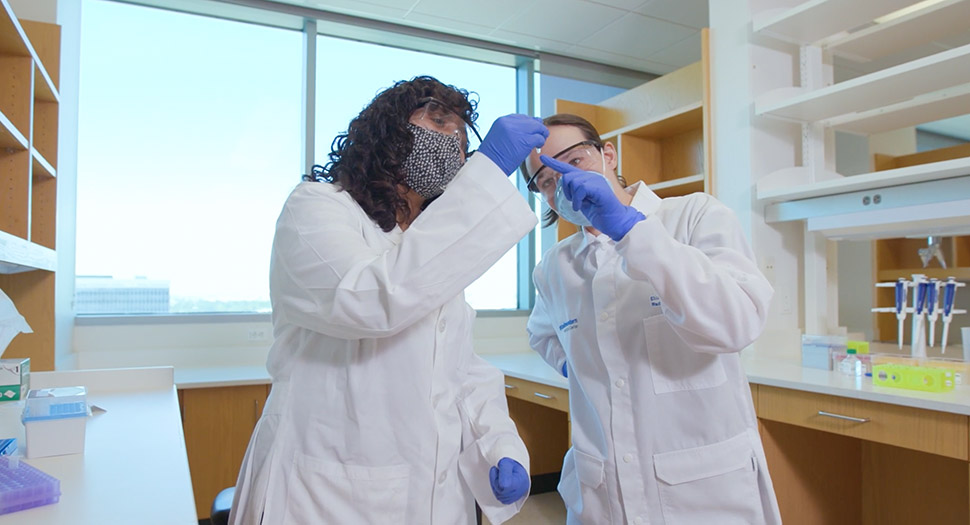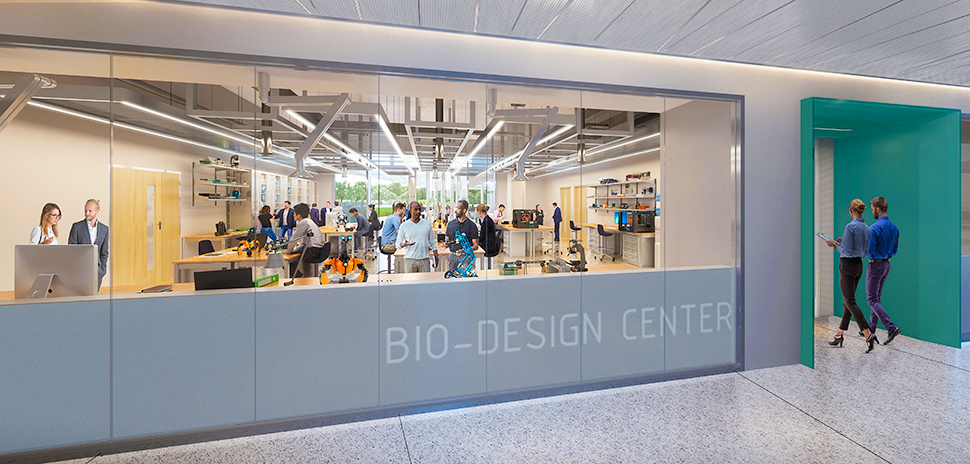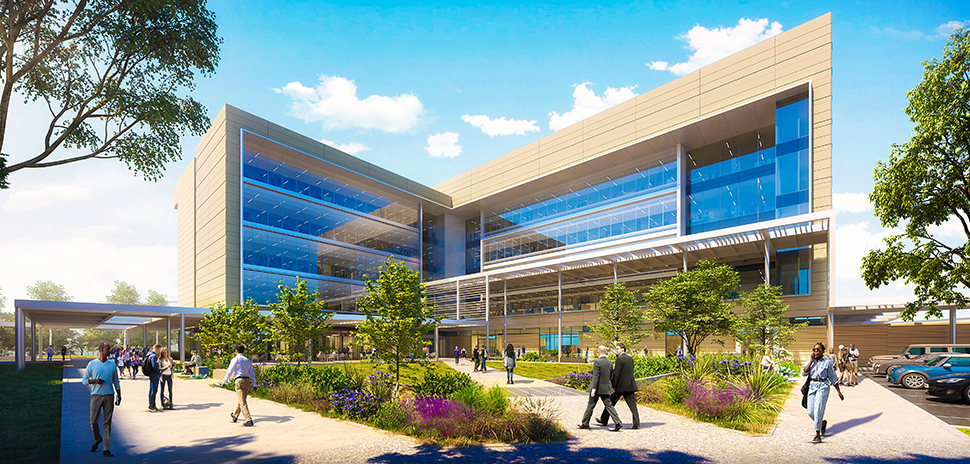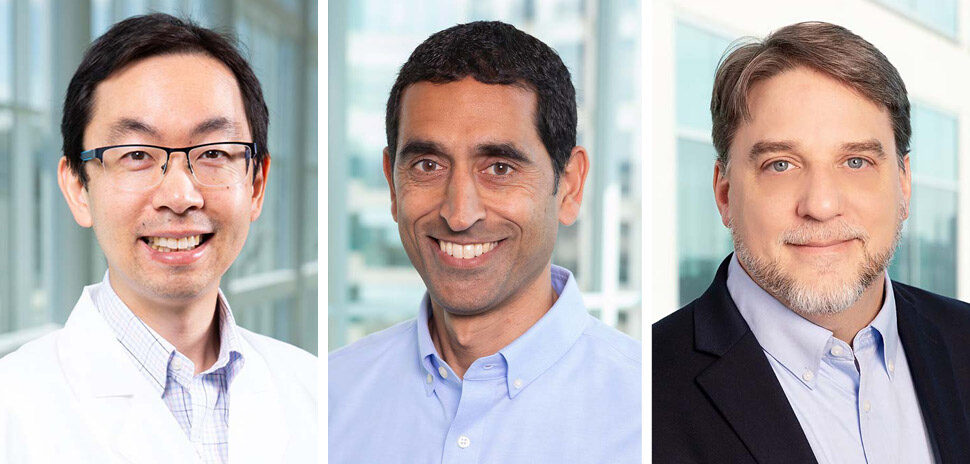Construction began today on a new research facility that aims to serve as a catalyst for bioengineering in North Texas—and across the state.
The development, born from a joint partnership between UT Southwestern Medical Center and the University of Texas at Dallas, is dedicated to advancing transformational bioengineering research that can improve patient care. It will be located on UT Southwestern’s East Campus and jointly shared with UT Dallas.
“This new facility will deepen the collaboration between UT Southwestern and UT Dallas to advance transformational bioengineering research to improve patient care,” UTSW President Daniel K. Podolsky said in a statement. It aims to target solutions for unmet medical needs.
UTD’s history with bioengineering
The $120 million, 150,000-square-foot facility will bring each entity’s biomedical engineering programs into a single space. According to Richard C. Benson, UTD’s president, biomedical engineering and science are major drivers of the university’s rapidly growing research portfolio.
In 2010, UT Dallas launched its Biomedical Engineering Department. Since, the undergraduate program has grown to be the third largest in the U.S., based on enrollment, according to the American Society for Engineering Education. U.S. News & World Report also ranks the graduate program third among biomedical engineering programs at Texas public universities.
Additionally, the UT Southwestern Medical Center biomedical engineering program offers a Ph.D. degree in biomedical engineering as part of the medical center’s Graduate School of Biomedical Sciences. It emphasizes the “development of advanced procedures and technologies that facilitate both basic biomedical research and the detection, diagnosis, and treatment of disease and disability.”
Benson hopes launching the shared facilities will further bolster the already robust partnership between UT Dallas and UT Southwestern. It’s “another huge step forward,” Benson, also the Eugene McDermott Distinguished University Chair of Leadership, said.

[Video still: UTSW]
Supported by TI
The research facility is supported by a gift from Texas Instruments, the Dallas-based global semiconductor design and manufacturing leader. It was also made possible with funds from the Permanent University Fund of the University of Texas System.
That’s where the name comes in: The Texas Instruments Biomedical Engineering and Sciences Building.
Inside the five story building, faculty and their teams will work in wet and dry laboratory space, along with areas designated for multidisciplinary interactions. For instance, a Biodesign Center will house an assembly and design studio, a metal fabrication shop, and rooms for 3D printing.

[Rendering: UTD]
“By integrating biomedical engineering with advances in related fields such as artificial intelligence, molecular imaging, robotics, and genetic engineering, the UTSW-UTD collaborations will further solidify North Texas as a hub for biomedical innovation,” Podolsky said in a statement.
He currently holds the Philip O’Bryan Montgomery, Jr., M.D. Distinguished Presidential Chair in Academic Administration and the Doris and Bryan Wildenthal Distinguished Chair in Medical Science.
The support from TI will additionally give students and faculty access to resources that can assist in creating transformative technologies. The overall goal of the facility: improving lives.
The work will include advances in TI’s own field of expertise—the company is best known for inventing the world’s first handheld electronic calculator in 1967.
“Our gift reflects our confidence in the brilliant minds at UT Southwestern and UT Dallas—to combine medical and engineering talent and resources to solve problems that will advance patient care,” Rich Templeton, TI’s chairman, president, and CEO, said in a statement. “What gets me personally excited is that semiconductor technology will be at the center of the medical discoveries that are made inside this new building.”
The Texas Instruments Biomedical Engineering and Sciences Building is scheduled for completion in 2023.
![]()
Get on the list.
Dallas Innovates, every day.
Sign up to keep your eye on what’s new and next in Dallas-Fort Worth, every day.


































































